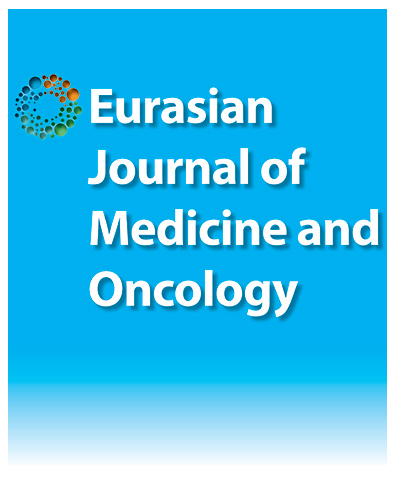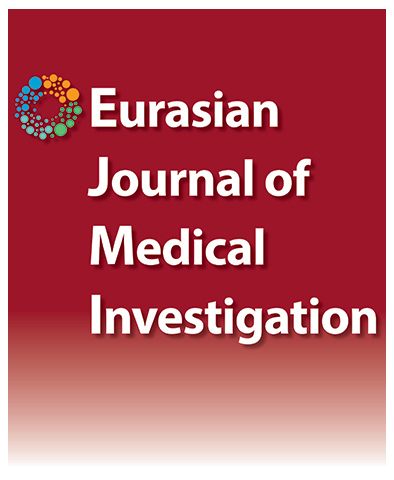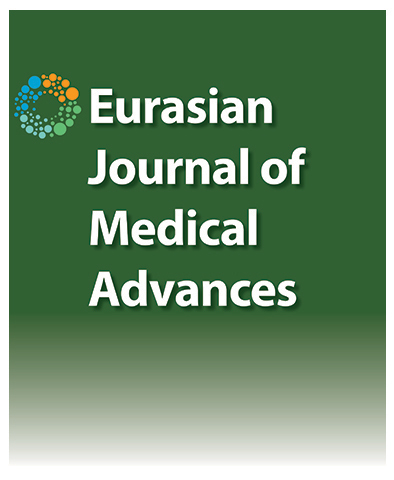Protective Effects of Silymarin on Acetaminophen-Induced Toxic Hepatitis
Abdilkerim Oyman1, Gulbin Unsal2, Nurettin Aydogdu3, Ufuk Usta41Depertmant of Medical Oncology, University of Health Sciences, Umraniye Training and Research Hospital, İstanbul, Turkey2Division of Gastroenterology, Department of Internal Medicine, Trakya University Hospital, Edirne, Turkey
3Department of Physiology, Inonu University Faculty of Medicine, Malatya, Turkey
4Department of Pathology, Trakya University Faculty of Medicine, Edirne, Turkey
Objectives: Acetaminophen can cause liver damage that can result with death when it is taken as high doses. In our study we proposed to examine the silymarin effect on acetaminophen induced hepatotoxicity.
Methods: In this study, 40 wistar albino rats are randomly divided into 4 groups. 1 ml 0.9% serum physiologic was injected to intraperitoneal (IP) area in control group (group 1). 100 mg/kg silymarin was also injected to IP area in second group (group 2). 1250 mg/kg acetaminophen was injected to IP area in toxic group (group 3). And after 4 hours 1250 mg/kg IP injection of acetaminophen to treatment group (group 4) 100 mg/kg of silymarin was administered to this group. All rats were sacrificed after 24 hours.
Results: In treatment group, acetaminophen, alanine aminotransferase, aspartate aminotransferase, alkaline phosphatase, glutamyltransferase, total bilirubin, direct bilirubin levels which are found increased in toxic group, are found as decreased and statistically significant. The malondialdehyde, a lipid peroksidation product, levels are high in toxic group and low in treatment group and it was statistically significant. There was no significant difference between groups, liver histopathological features.
Conclusion: With this findings it can be assumed that silymarin has hepatoprotective effect.
Corresponding Author: Abdilkerim Oyman, Türkiye
Manuscript Language: English






